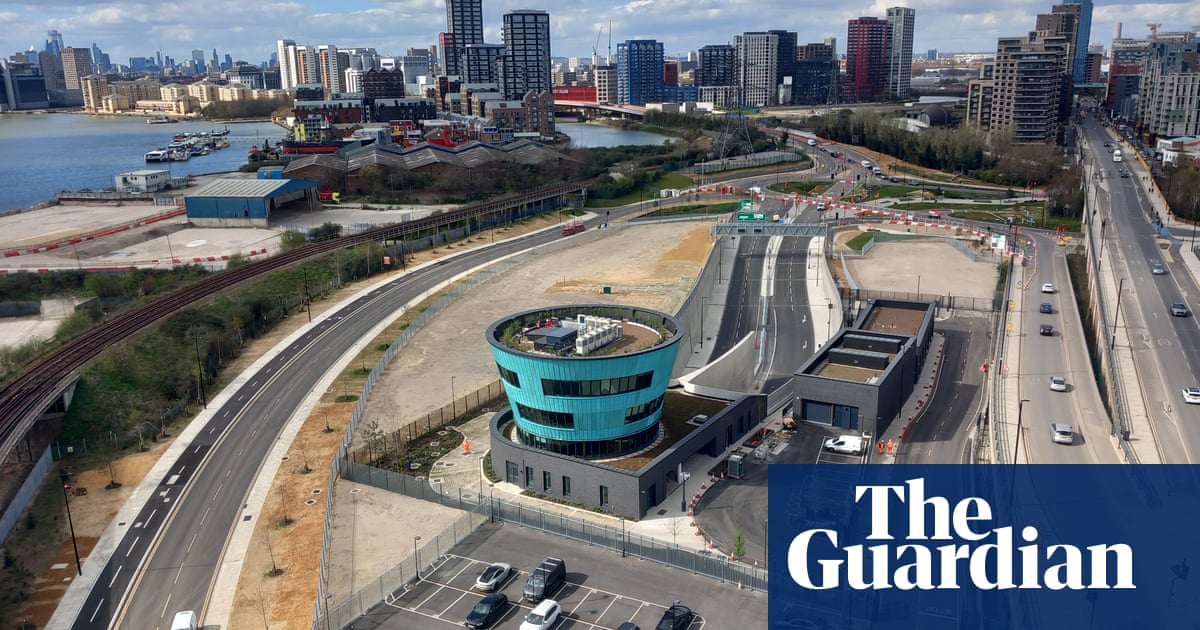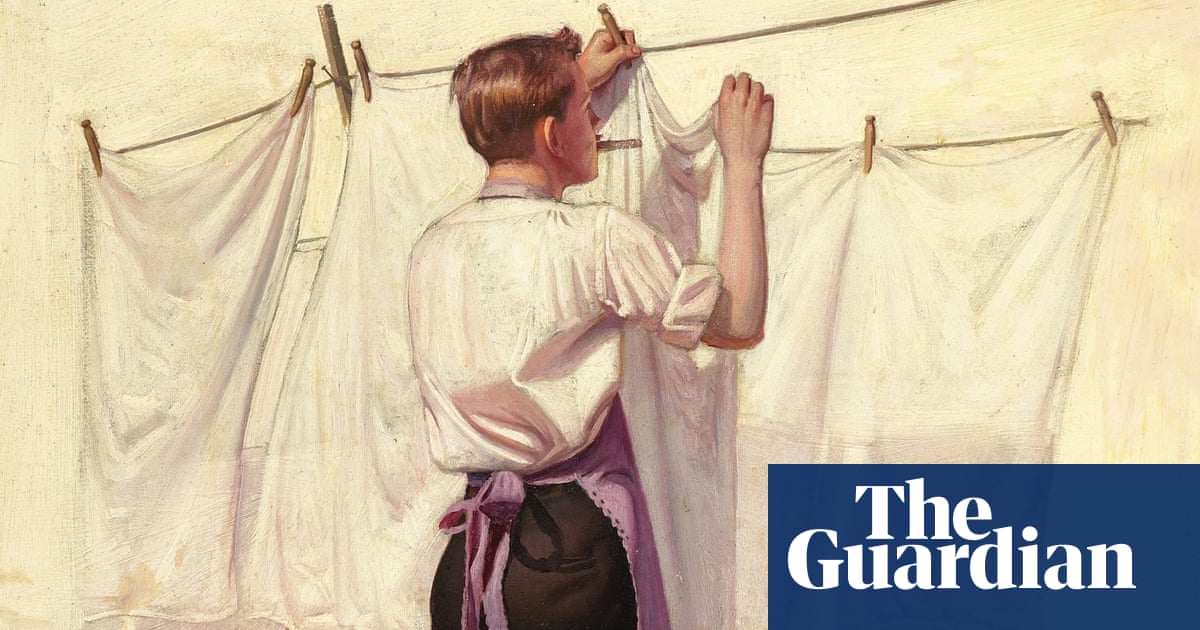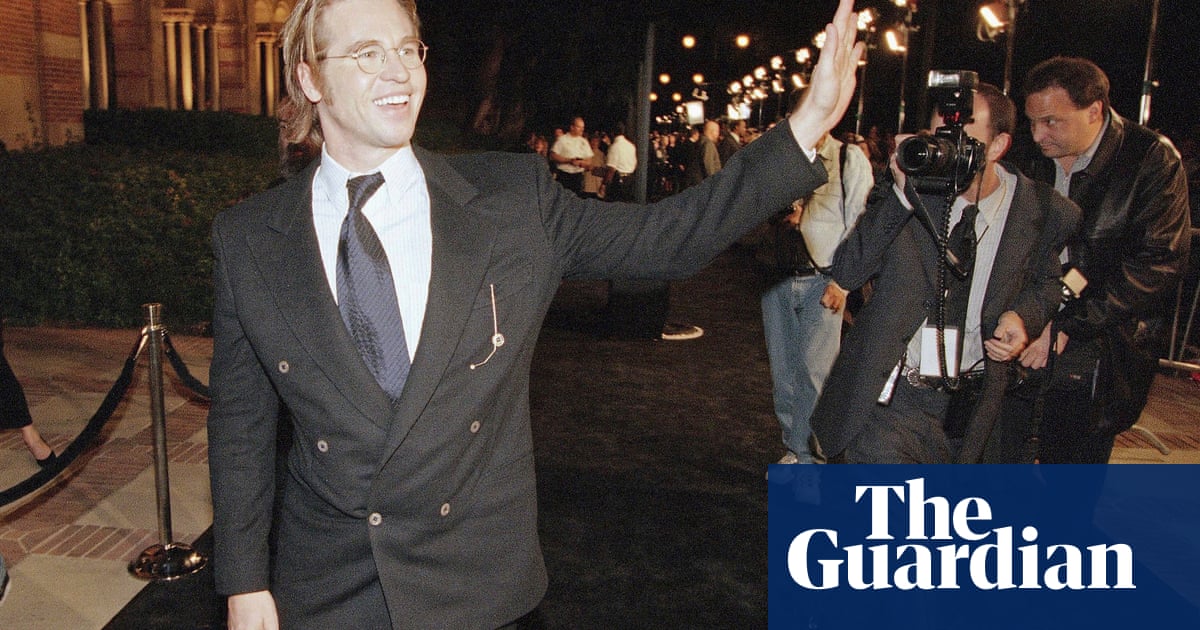UK businesses are cutting staff numbers at the fastest rate since the global financial crisis, according to a closely watched business survey blaming the government’s tax-raising budget.
The latest snapshot from the purchasing managers’ index (PMI) survey, which is monitored by the Treasury and the Bank of England, showed employment levels fell in December at the fastest rate since 2009, excluding the period during the coronavirus pandemic.
The survey of 650 manufacturers and 650 service sector companies showed a combination of softer demand, rising employment costs and squeezed profit margins led to a reduction in private sector headcount.
“Economic growth momentum has been lost since the robust expansion seen earlier in the year, as businesses and households have responded negatively to the new Labour government’s downbeat rhetoric and policies,” said Chris Williamson, the chief business economist at S&P Global Market Intelligence, which compiles the PMI survey.
“Firms are responding to the increase in national insurance contributions and new regulations around staffing with a marked pull-back in hiring.”
According to the PMI survey, companies widely commented on growth headwinds from fragile consumer confidence, tighter corporate budgets and cuts to non-essential spending. Rising salary payments and domestic inflation also added to pressures on companies.
The December PMI remained at 50.5, unchanged from the level in November, on a gauge where a figure over 50 indicates growth in private sector activity across manufacturing and services.
S&P Global said the decline in workforce numbers in December was the steepest since January 2021, when the Covid furlough scheme was used by the previous government to prevent catastrophic job losses during the global health emergency.
Official figures last week showed Britain’s economy shrank by 0.1% in October, underlining the scale of the challenge facing Keir Starmer to make the UK the fastest-growing G7 economy.
Business leaders have warned Rachel Reeves that increasing employer national insurance contributions by £25bn from April, announced in October’s budget, will force companies to cut back on hiring, hold back wage increases and raise prices.
The chancellor has said the measure, at the heart of a £40bn tax-raising budget, is required to repair battered public services and fill a “black hole” in the public finances left by the previous Conservative government.
Andrew Griffith, the shadow business secretary, said the latest PMI data was “shocking”. He said: “This follows Labour’s jobs tax as sure as night follows day. The chancellor must start listening to businesses, and not just her unions paymasters, or working people will continue to be hammered.”
after newsletter promotion
Threadneedle Street is monitoring how companies respond to the budget. Businesses raising prices could stoke inflation, forcing the Bank to keep interest rates higher for longer. However, companies shedding jobs could add to slack in the labour market, adding to pressure for rate cuts.
Britain’s jobs market has been cooling in recent months but remains resilient with annual wage growth running at among the highest levels in decades.
Official figures on Tuesday are expected to show unemployment remained unchanged in the three months to October, according to a Reuters poll of economists. Annual wage growth, excluding bonuses, is also expected to rise, from 4.8% to 5%.
The Bank’s monetary policy committee (MPC) is expected to keep interest rates on hold at 4.75% on Thursday.
Thomas Pugh, an economist at RSM UK, said the PMI showed “bad news” of rising employment costs and higher prices for raw materials. “This combination of weak growth and rising inflation is a nightmare trade-off for the MPC, which will not want high interest rates to weigh on growth, but also needs to bear down on inflation.
“We think the MPC will be cautious in the face of this trade-off, not cutting interest rates on Thursday and only cutting them once a quarter next year.”

.png) 3 months ago
34
3 months ago
34













































